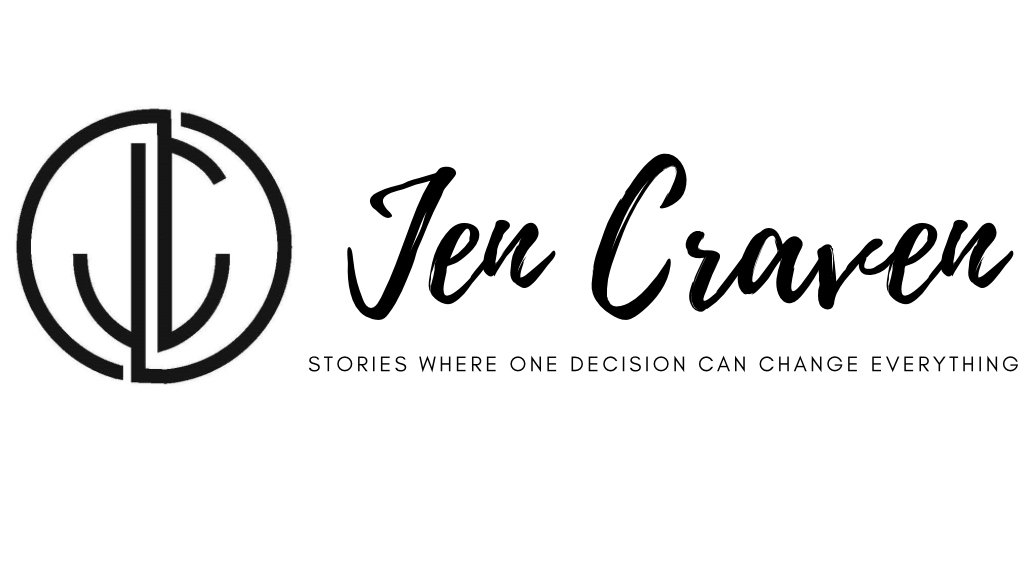She Likes Me, She Likes Me Not: A Case for Unlikable Characters
When I dive into a book, I often form opinions about characters almost instantly. Some characters are charming, funny, or endearing, earning the label of "likable." Others might be flawed, conflicted, or even antagonistic, making them less likable but, perhaps surprisingly, more relatable. Still, I often see book reviewers give books low ratings because they disagreed with the protagonist or were turned off by his or her actions. Coming from someone who prefers creating realistic, three-dimensional characters—flaws and all—this is something I find frustrating.
I’ve received feedback from editors on more than one occasion that readers may not find my protagonist likable, or that I should “soften” the character, especially in the beginning of the book so that readers don’t give up and leave a bad review.
Grrrrrr…
To me, characters don’t have to be likable to be understood, and if readers would be more open to this, it would allow authors to enrich the storytelling, offering a more nuanced reflection of real human experiences.
The Pitfall of Exclusively Likable Characters
Relatability stems from the ability to see parts of ourselves or our experiences in a character. A relatable character mirrors the complexities of human nature, embodying strengths and flaws, triumphs and failures. These characters may not always be people we would want as friends, but they offer a reflection of reality that is both comforting and challenging.
While likable characters can make for enjoyable reading, I've found that relying solely on them can flatten a narrative. Fun fact: real people are not always likable. (I know you’ve got a picture of someone you know in your head right now!).
Because most of my books involve complex relationships, often centering on motherhood and/or marriage, it would be unrealistic NOT to show all the warts. Plain and simple, I won’t do it. To me, there’s nothing more boring than reading a character who comes across as too perfect, making all the right decisions, thinking all the right thoughts. Give me messy, give me RAW.
The area where I see the most pushback with this is when writing about parenting. Moms, in particular, are held at such a high standard to do all and be all, never complaining and certainly never daydreaming about life pre-kids. But is that real? Show me a mom who has never once had the thought, “These kids are driving me crazy,” or “OMG would they just leave me alone for ONE SECOND?”
I’ll wait.
Yet when put into writing—at least in my experience—I’ve had to be careful. Don’t offend the reader. Pull back a little.
I love writing characters who are unapologetically authentic. They make mistakes, don’t fit the Pinterest-picture mold. But they also learn and grow. And in many cases, their character arc in the story ends in a more positive place—perhaps a place readers feel more comfortable.
Creating Three-Dimensional Characters
Three-dimensional characters are those who feel alive, with a mix of qualities that make them real. They have goals, fears, and flaws. These characters do not exist to be liked; they exist to tell a story and to reflect the spectrum of human experience. Oftentimes, it’s the character’s motives and background that help explain who they are as a person.
Breaking Bad’s Walter White or Amy Dunne from Gone Girl are quintessential examples. They make morally reprehensible choices and are wildly unlikeable—but does that make for a bad story? I’d say the 10.3 million people who watched the Breaking Bad finale in 2013, or the 20 million copies sold of Gone Girl prove that you don’t have to have a likable character to create a successful product.
In the end, the goal of storytelling is not to create characters that everyone loves but to create characters that everyone understands. By moving beyond the confines of likability, I hope to craft stories that resonate on a deeper level, offering readers a mirror to their own complexities and contradictions—if only they’re open to it. And so, I urge readers not to judge a character by the opening pages. You may still find you don’t care for a book’s protagonist, and that’s okay. Remember, books and reading are highly subjective. That’s one thing we can all agree on.

